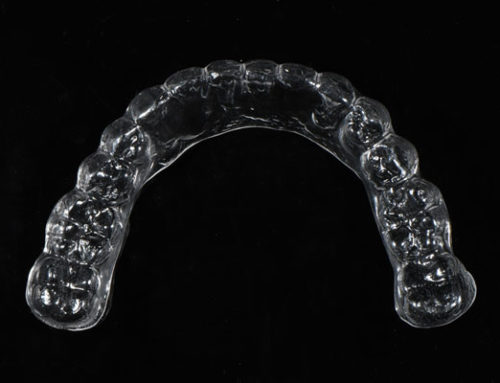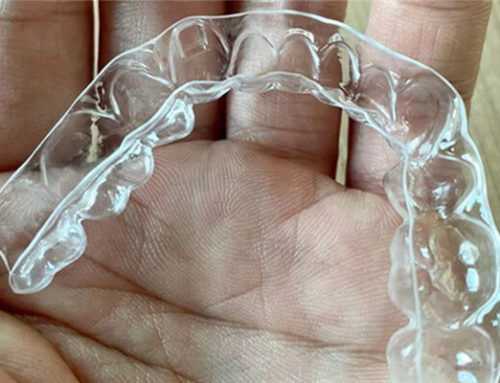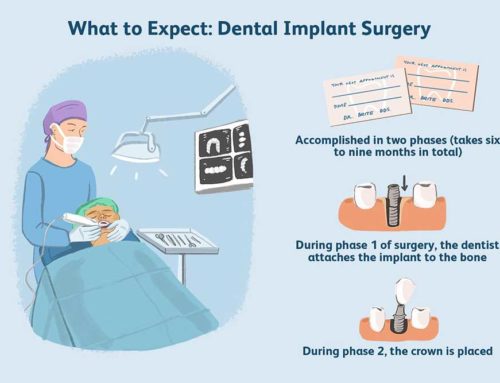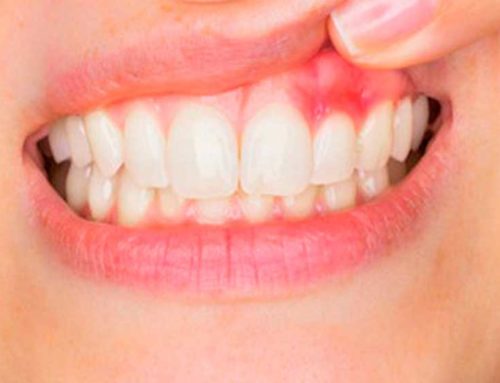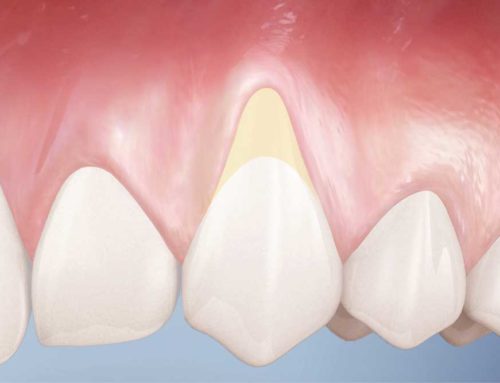If someone tells you that you need a tooth extraction, you may feel that there is no “convenient” time to do it. We all lead busy lives, and arranging a dental surgery in a busy schedule can be a challenge. For those who are about to go on vacation or on business, this may raise a question: Is it safe to fly after a tooth extraction?
It usually takes a few days to recover after a tooth extraction, so most dentists recommend at least 48 hours of rest before flying. This allows you to get the remaining time required for a smooth recovery. Although it is technically safe to fly after most dental procedures, flying within the first 24-48 hours can be particularly uncomfortable.
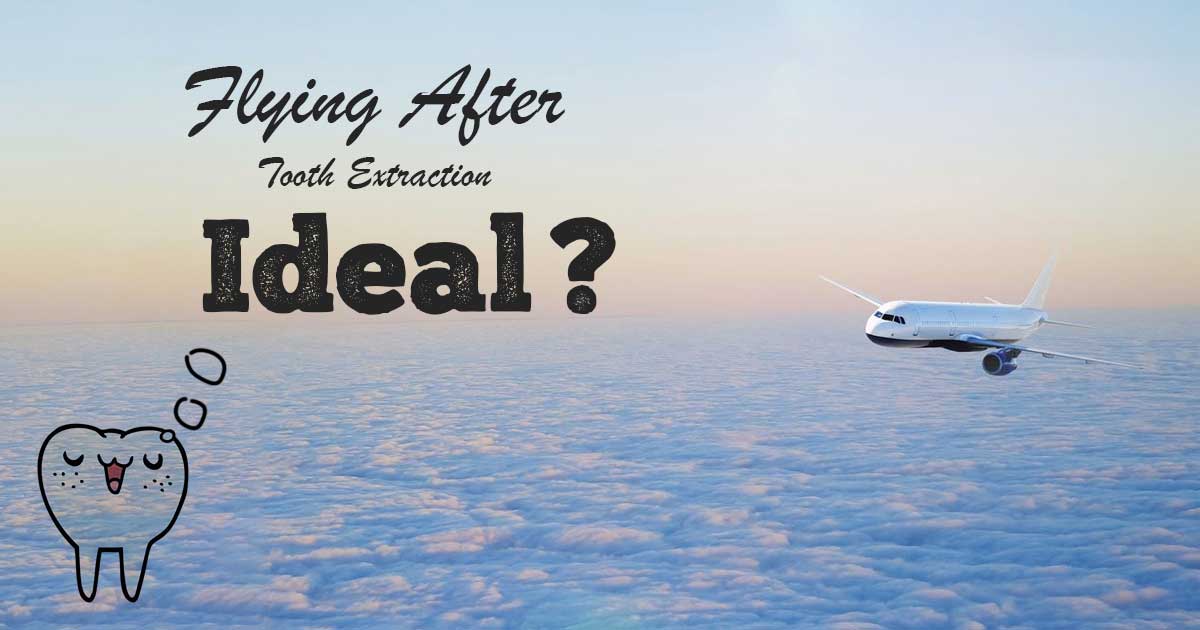
1. The danger of Flying After Tooth Extraction
When you fly, even healthy people who haven’t recently had a dental procedure may feel minor discomfort and pain. Sinus pressure, headaches and even toothache can be caused by changes in altitude or cabin pressure. For people who have just had their teeth extracted, any of the above problems may be exacerbated.
If your tooth extraction appointment is within 24-48 hours of the dentist appointment, be sure to talk to your dentist about the risks and how he or she recommends how to reduce discomfort.
2. Be Prepared!
If you are flying soon after a tooth extraction, there are a few things you can pack and prepare:
Pain relievers: Bring a prescription or over-the-counter pain relievers recommended by your dentist. You may want to take it with you before boarding to reduce discomfort.
Extra gauze: If you choose to fly soon after the operation, you may still be in the window of time when you need to change the gauze regularly.
Refillable water bottle: After tooth extraction, you may not want to drink hot, cold, and acidic beverages (such as coffee or soda), so it’s a good idea to bring a refillable water bottle to keep you on the fly Moisture.
If you feel pain or swelling during the flight, a resealable bag can be turned into easy-to-use ice pack-just ask the flight attendant to give you some ice and apply it to your cheeks for 10 minutes.
Dental office’s phone number: Be sure to keep the dentist’s phone number before travelling to prevent unexpected pain, swelling or other symptoms.
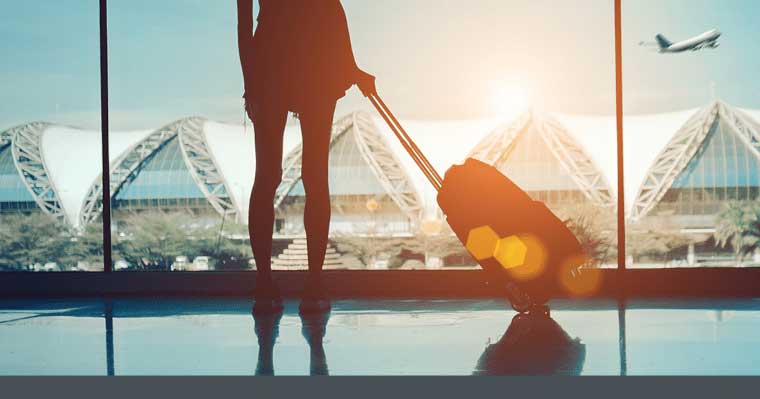
3. Tips to relieve dental discomfort while travelling
In addition to bringing the necessities listed above, if you are flying after a tooth extraction, there are other things you can do to alleviate the discomfort.
First of all, do your best to make the flight stress-free. This can be a challenge because flying is very stressful for most travellers! To help you, bring entertainment products that can relax you, whether it’s soothing music on your phone or your favourite movie on your tablet. . Bring a lightweight blanket and a travel pillow to make you feel comfortable in your seat.
Depending on your flight time after dental surgery, you may still need to insist on eating soft foods (crispy aeroplane snacks are not allowed!) At the airport, buy some soft, easy-to-eat options, such as yoghurt, smoothies or soup.
4. Happy travelling!
If possible, try to make sure that tooth extractions and scheduled flights are not too tight in your schedule. As mentioned before, it is usually safe to fly after most dental procedures, but doing so too early can be particularly uncomfortable. After all, who wants to start a vacation with a painful flying experience?
Most importantly, talk to your dentist about your vacation plans so that he or she can help you know what will happen and be prepared!
